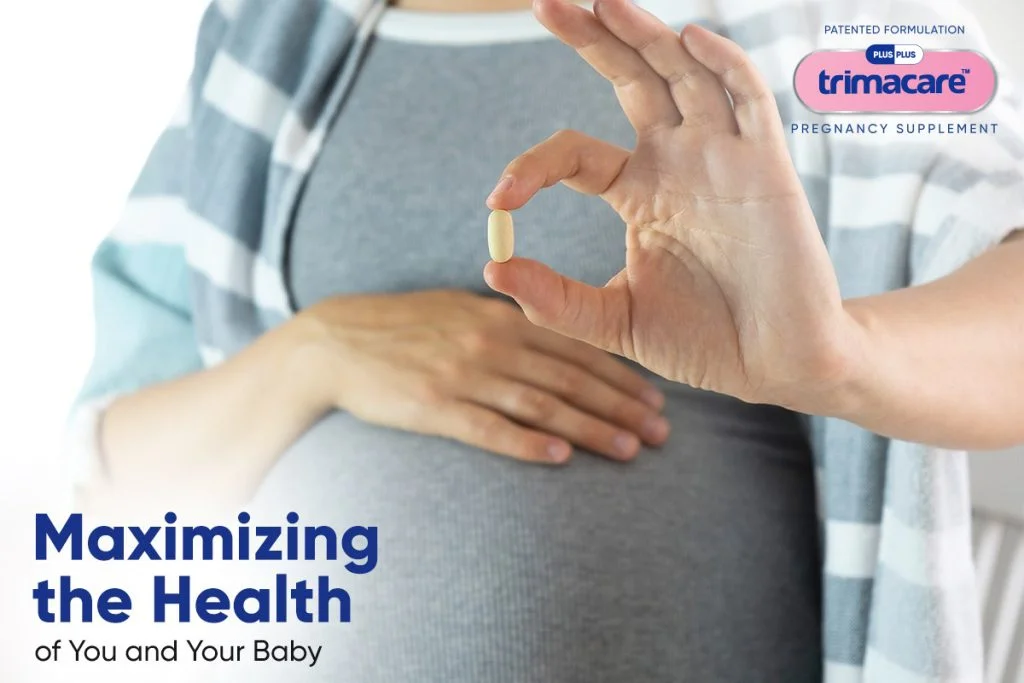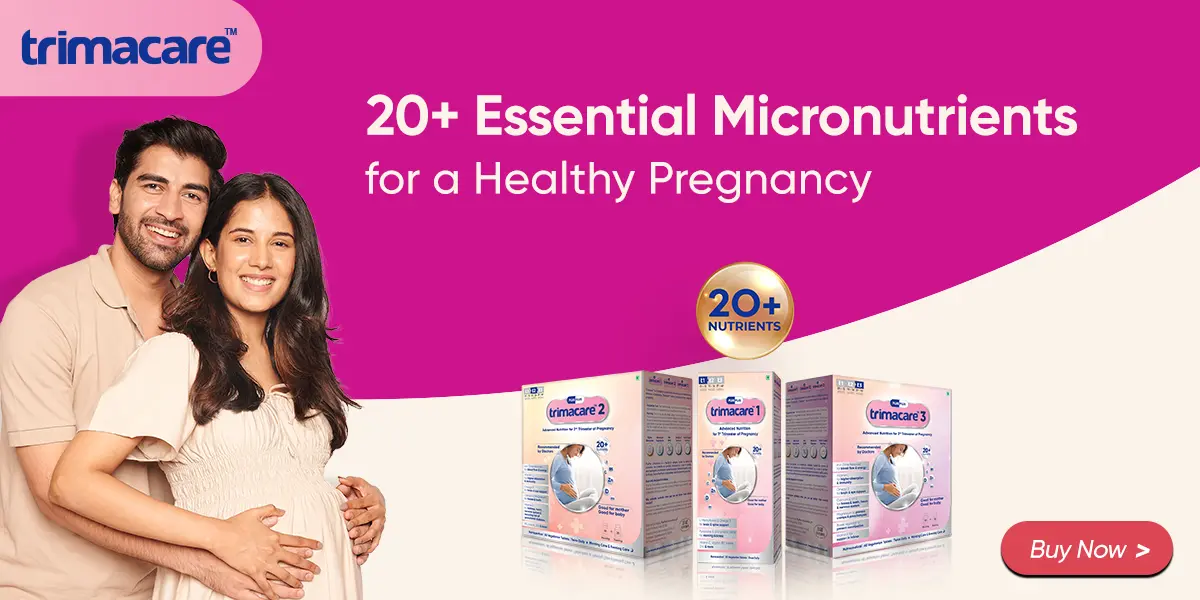Pregnancy is a crucial time for taking the right nutrients, both for the mother and the developing baby.
For individuals with polycystic ovary syndrome (PCOS), finding the right prenatal vitamin is even more important, as PCOS can cause nutrient deficiencies and affect foetal development.
In this article, we will discuss the best prenatal vitamins for someone with PCOS, including their potential benefits and any potential considerations.
Understanding PCOS
PCOS is a hormonal disorder that affects the menstrual cycle, fertility, and other body systems. It is characterized by the presence of cysts on the ovaries, as well as high levels of androgens (male hormones) and insulin resistance.
These hormonal imbalances can lead to a range of symptoms, including irregular periods, acne, excess facial and body hair, and difficulty getting pregnant.
Prenatal vitamins are supplements that are specifically designed for pregnant women to provide the necessary nutrients for foetal development and the health of the mother.
Key Nutrients for Pregnant Women with PCOS
Some of the key nutrients that are important for pregnant women with PCOS include folic acid, iron, and calcium.
Folic acid is important for the development of the neural tube, which becomes the brain and spinal cord, and it is recommended that pregnant women with PCOS take at least 600 micrograms of folic acid daily.
Iron is important to produce red blood cells and the oxygenation of tissues, and it is recommended that pregnant women with PCOS take at least 27 milligrams of iron daily.
Calcium is important for the development of the baby’s bones and teeth, and it is recommended that pregnant women with PCOS take at least 1000 milligrams of calcium daily.
Additional Nutrients
In addition to the key nutrients mentioned above, there are a few other nutrients that may be especially important for pregnant women with PCOS. These include:
- Vitamin D
Vitamin D is important for the absorption of calcium and the development of strong bones. It is also involved in immune function and has been shown to have anti-inflammatory effects.
Pregnant women with PCOS may be at an increased risk of vitamin D deficiency due to the hormonal imbalances associated with the condition. It is recommended that pregnant women with PCOS take at least 600-800 IU of vitamin D daily.
-
Omega-3 fatty acids
Omega-3 fatty acids are essential for the development of the baby’s brain and eyes. They are also thought to have anti-inflammatory effects and may be beneficial for individuals with insulin resistance.
Pregnant women with PCOS may benefit from taking a supplement that contains EPA and DHA, the two main types of omega-3 fatty acids.
- Zinc
Zinc is important for foetal development, immune function, and wound healing. It is also involved in the metabolism of carbohydrates, proteins, and fats.
Pregnant women with PCOS may be at an increased risk of zinc deficiency due to the hormonal imbalances associated with the condition. It is recommended that pregnant women with PCOS take at least 11-13 milligrams of zinc daily.
Types of Prenatal Vitamins
There are a few different types of prenatal vitamins that may be suitable for someone with PCOS.
One option is a prescription prenatal vitamin, which can be customized to meet the specific needs of the individual. These types of vitamins may contain higher doses of certain nutrients, such as folic acid and iron, which can be beneficial for pregnant women with PCOS.
Another option is an over-the-counter prenatal vitamin, which is widely available at pharmacies and online. These vitamins typically contain a fixed dose of nutrients and may not be tailored to the specific needs of the individual.
Considerations when choosing a Prenatal Vitamin
When choosing a prenatal vitamin, it is important to consider the ingredients and whether they are suitable for someone with PCOS. For example, some prenatal vitamins may contain soy, which has been shown to have estrogenic effects and may not be suitable for individuals with PCOS.
It is also important to consider any other medications or supplements that the individual may be taking, as some supplements may interact with prenatal vitamins or cause adverse effects.
Trimacare™ Prenatal Multivitamins
If you are looking for a recommendation for a prenatal multivitamin, we recommend you take Trimacare™ Prenatal Multivitamins.
It is the only multivitamin in India that provide trimester-wise care catering to specific needs in each trimester. Moreover, you don’t need to take different supplements to meet your nutrient requirements during pregnancy – Trimacare™ caters to the need in just one tablet.
However, it is also important for pregnant women with PCOS to follow a healthy diet that is rich in fruits, vegetables, whole grains, lean proteins, and healthy fats.
This can help to ensure that the mother is getting the necessary nutrients for foetal development and her own health. It is also important for pregnant women with PCOS to discuss any concerns about nutrition and supplementation with their healthcare provider, as they can provide personalized recommendations based on the individual’s specific needs.
Overall, finding the right prenatal vitamin is an important part of a healthy pregnancy for individuals with PCOS. By choosing a supplement that contains the necessary nutrients and is appropriate for the individual’s needs, pregnant women with PCOS can help to ensure the health and development of both them and their developing baby.
Frequently Asked Questions:
1. What are the key nutrients pregnant women with PCOS should look for in prenatal vitamins?
Prenatal vitamins that contain essential nutrients like folic acid, iron, calcium, vitamin D, omega-3 fatty acids, and chromium should be sought out by PCOS-positive pregnant women.
2. Is it important for pregnant women with PCOS to take prenatal vitamins?
Indeed, pregnant ladies with PCOS actually should accept pre-birth nutrients to guarantee they are getting fundamental supplements for both their own wellbeing and the improvement of the child.
3. Should pregnant women with PCOS consult a healthcare provider before taking prenatal vitamins?
Yes, PCOS-positive pregnant women should talk to their doctor before taking prenatal vitamins to make sure they’re getting the right supplements and dosage for their needs.
4. Are there any prenatal vitamins specifically designed for women with PCOS?
Women with PCOS should look for supplements that contain the essential nutrients needed to manage PCOS during pregnancy even though there are no prenatal vitamins made just for them.
5. Can prenatal vitamins help manage symptoms of PCOS during pregnancy?
Prenatal vitamins can assist with overseeing side effects of PCOS during pregnancy by giving fundamental supplements that might assist with reducing specific side effects and backing generally maternal and fetal wellbeing. However, they should only be used under the supervision of a medical professional and in conjunction with other treatments that have been suggested.
A Certified Nutritionist with a rich healthcare background in health journalism, the author has immense experience in curating reader-friendly, engaging, and informative healthcare blogs to empower readers to make informed pregnancy-related decisions.












